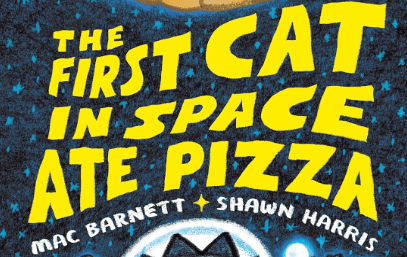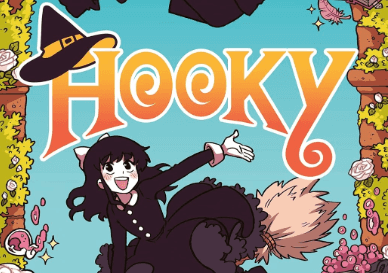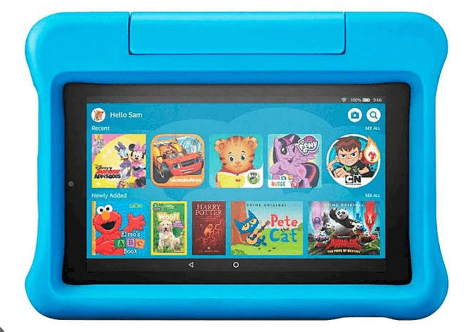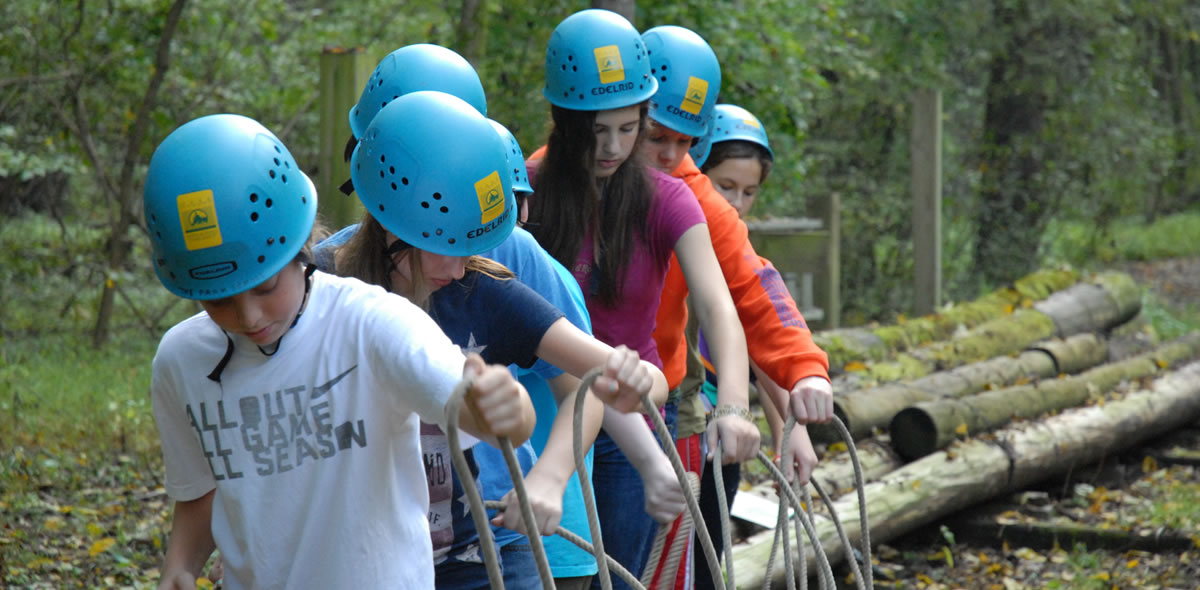Reading Lists
Our librarians have compiled several reading lists to support Park families. Choose from the menu items below to browse the reading lists.

Summer Reading
Additional Resources from Our Librarians



How to Raise a Reader
TWENTY-ONE OPINIONS FROM AN OPINIONATED SOURCE
by Laura Amy Schlitz, Lower School Librarian
Become a reader yourself.
Children don’t need to be urged to read; they need to grow up in a home where it is taken for granted that books are a source of wonder, joy, and intellectual play.
Catch them in the cradle.
Begin reading while your child is an infant; hold him close and read with expression. He may not understand the words, but it won’t take him long to figure out that something interesting is going on.
When choosing books for a baby, choose a book with a strong plot and beautiful illustrations.
Books that are really lists of nouns, “This is Baby Ben’s ball/ This is Baby Ben’s teddy bear/This is Baby Ben‘s sock” are too young for anybody. Simplistic, blob-like illustrations will not enlighten the child as to what is going on. Nota bene: Some sociologist has done a study of babies and found that they particularly enjoy photographs of other babies.
Reading has an important advantage over watching television; it is active rather than passive.
Use books as a starting point for discussions and games. Ask questions: “What would you do if that wolf came in here?” If you‘re feeling playful, act things out: “Okay, I’ll be the Giant — you sneak in and steal my hen, and if I hear you, I‘ll chase you.”
Don’t use Easy-Readers with preschool children.
“Beginner” books, like the Dr. Seuss books we remember with affection, are written for young readers, not young listeners. For this reason, they are often repetitious. Many are long (64 pages instead of 32); with humor that seems senseless to younger children.
Make reading time a time of shared affection.
Snugglers should be encouraged to ”snuggle in” with a book; young sensualists should be allowed a whiff of perfume.
Be tolerant when your child requests the same book over and over.
It will happen, and your child is not trying to drive you insane; there is marrow in that book for that child, and she is trying to get at it with her young jaws and baby teeth. Help her out.
Look things up.
When a child asks a question, head for a reference book.
Visit the public library.
Introduce the child to the librarian, and do what you can to nurture a relationship between them. Check out lots of books, and…
Make sure your child has books of his own.
These “keepers” should be given more than a cursory inspection, because they will be re-read many times. Few art lovers gaze at paintings as attentively as children scrutinize their picture books. Illustrations should be something better than “cute.”
Before buying a picture book, read the text.
There are many books on the market with gorgeous pictures and bland, flabby stories. Most children prefer logical stories that dramatize an important conflict, with a climax and a satisfying end.
(I have a double standard for book buyers. If you offer your child a choice, and he chooses a “junky” book, he should be allowed to have it. When you offer a choice to a child, it should be an honest offer.)
When your child begins to read, help her by sharing the task of getting through a book.
Read every other page. Or strike a bargain: you read the long pages while she reads the short ones. Sharing the book allows your child a rest between the labors of decoding. With your help, she can enjoy the momentum of the story. (If you’ve forgotten how hard it is to be a beginning reader, pick up a book in a foreign language, or a page of Chaucer in Middle English.)
When your child reads, listen carefully, alert for something to praise.
When he hesitates, wait patiently. If he succeeds in reading the next word, praise him in an undertone; if he fails, slip him the correct word as discreetly and courteously as if you were slipping a bribe to an expensive head-waiter. Don’t distract him from the work at hand. He has to get shapes to turn into words, without losing track of the story. The last thing he needs to worry about is whether you’re getting frustrated or impatient.
During the story, encourage in an undertone, “Good.”
After the story, praise effusively. Remember specific examples of the child‘s cleverness. Praise insight, dramatic expression, and stamina.
Even when you go on a day trip, write postcards.
Children will work very hard to decipher a letter that has been written and mailed to them.
Slip a riddle or joke into a lunchbox.
Write letters from family pets or favorite toys.
Children adore this kind of fantasy. “Dear Sophie, thank you for cleaning your room. It was getting so messy that I couldn’t find any dinosaurs to eat. Love, T. Rex.” Or, “Dear Kyle, I’m glad you’re home from camp! Nobody else is any good at scratching behind my ears, and I love the smell of your socks. Love, Mandy-dog.”
Don’t stop reading aloud to your child once she is capable of reading chapter books alone.
A child who is growing more independent should be rewarded, not threatened with the loss of a shared pleasure.
Encourage your child to read broadly.
A boy who is never given a book with a female protagonist is apt to assume that the activities of girls are not worthy of his interest. A white child who has no books about Black children is living in a segregated society; he is learning that Black and white people should be separate.
Every child needs a book of poetry by different authors.
A lot of the poetry that is sold to children is humorous. If you buy only humorous poetry for a child, you are teaching her that the chief duty of a poet is to make her laugh. This is misleading. Buy an anthology that offers beauty, drama, and insight as well as comedy.
Monitor your child’s pleasure more closely than you monitor his “progress.”
A child who loves to read will go on reading. A child who feels that every book must be more challenging than the last will get tired of struggling. It’s important for children to know that adults sometimes need to try “hard books” several times before they conquer them. (I still haven‘t made it through Proust.)
Try not to make your child feel that he must read “classics” in order to impress you.
A gifted eight-year-old may be able to read the words in Stevenson‘s Kidnapped, and may even get a shadowy idea of the plot, but if she spends more time counting how many pages are in the book than she does reading, she’s not having a good time. Children who really love to read will approach the classics in due time. The path that leads to Shakespeare, Dickens, and Dostoyevsky is the primrose path, after all.





